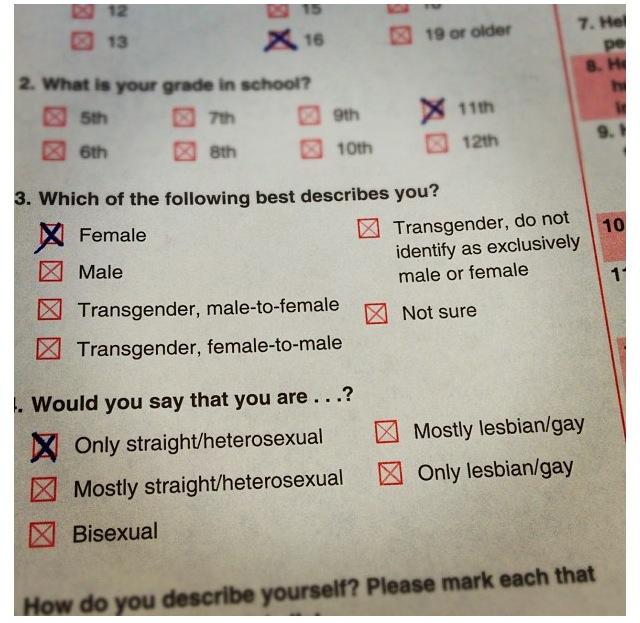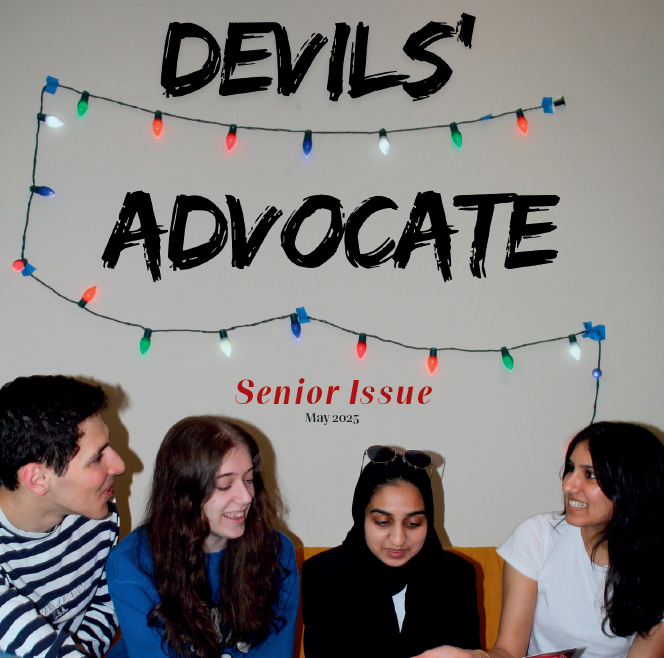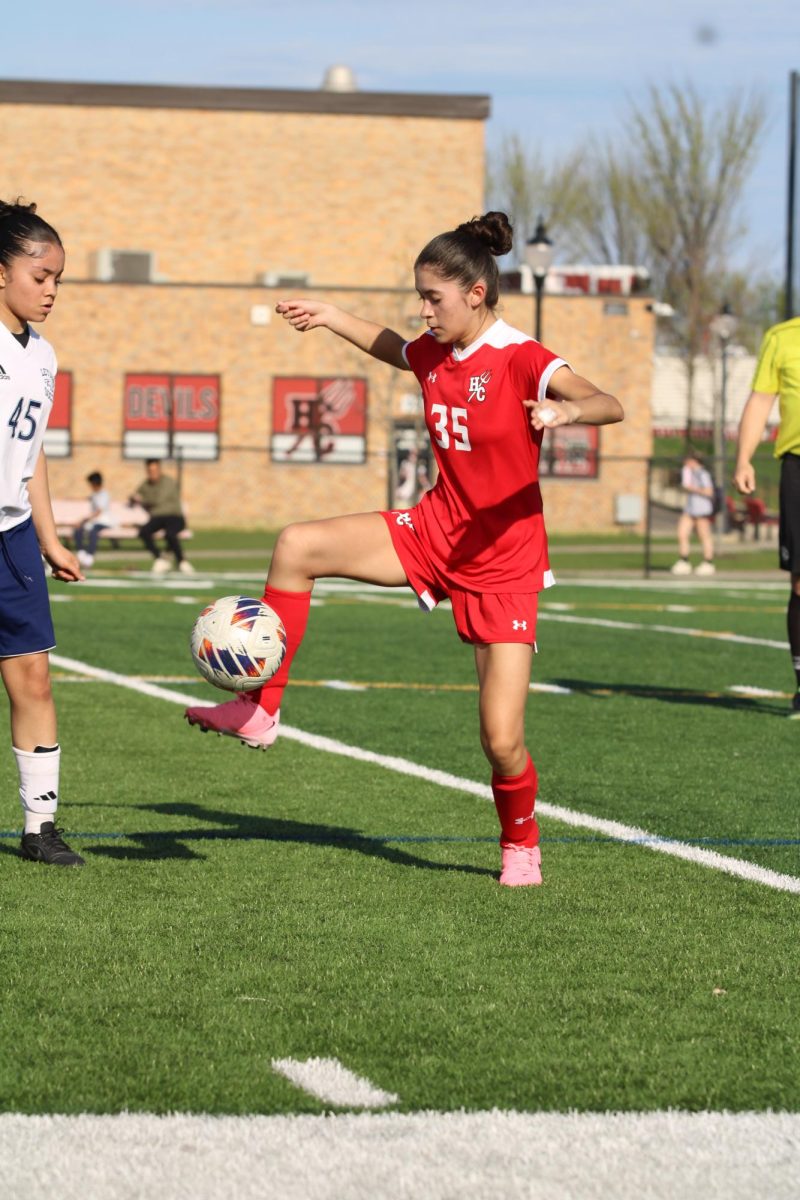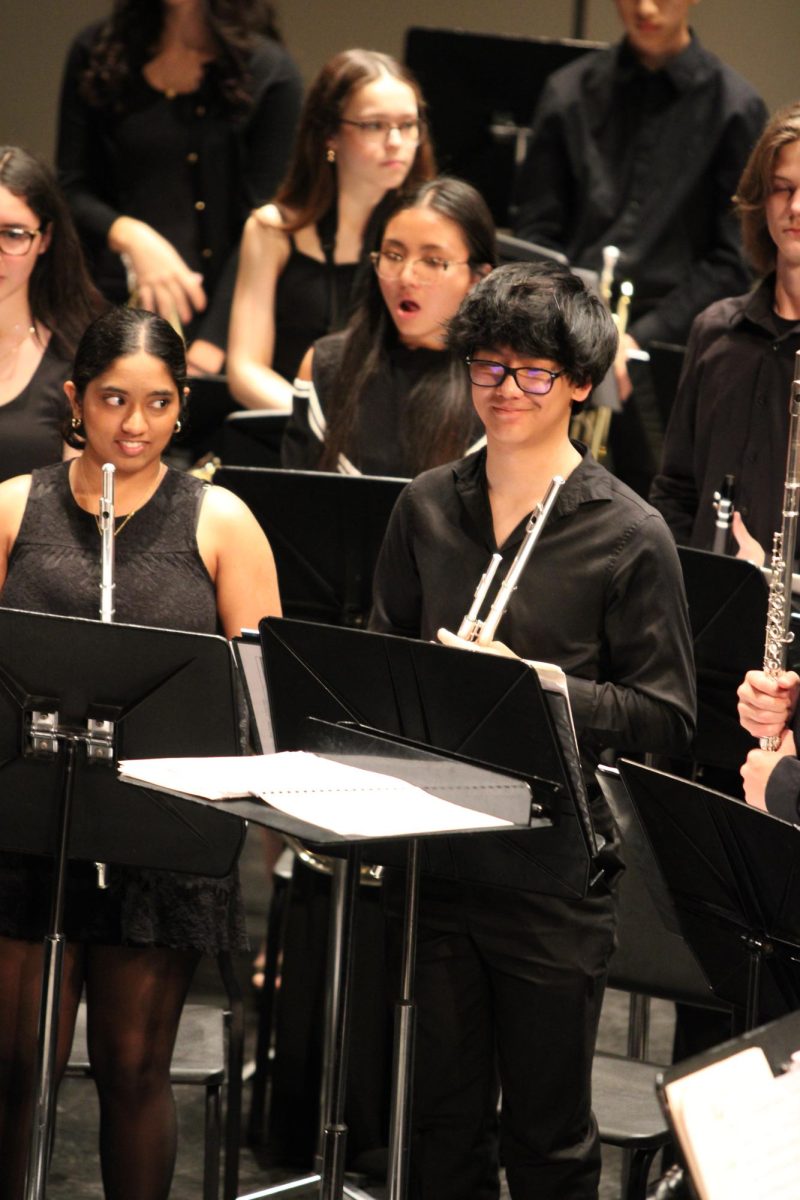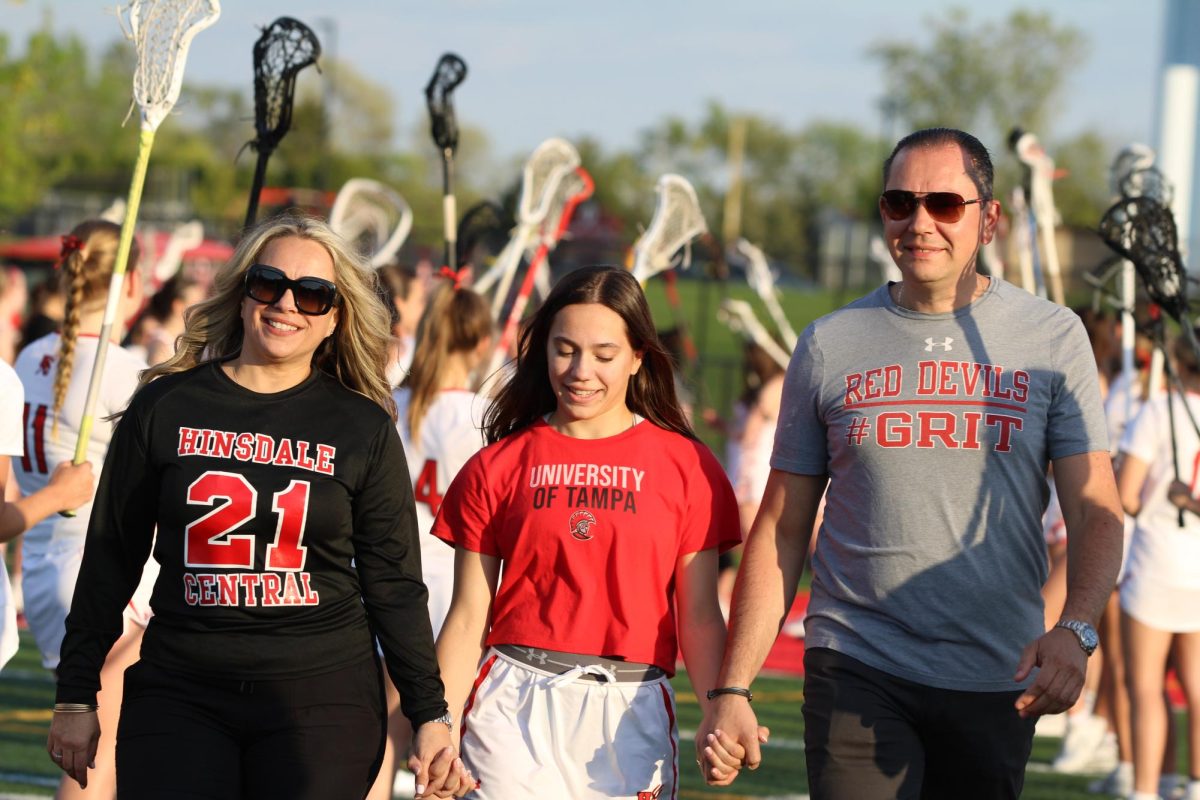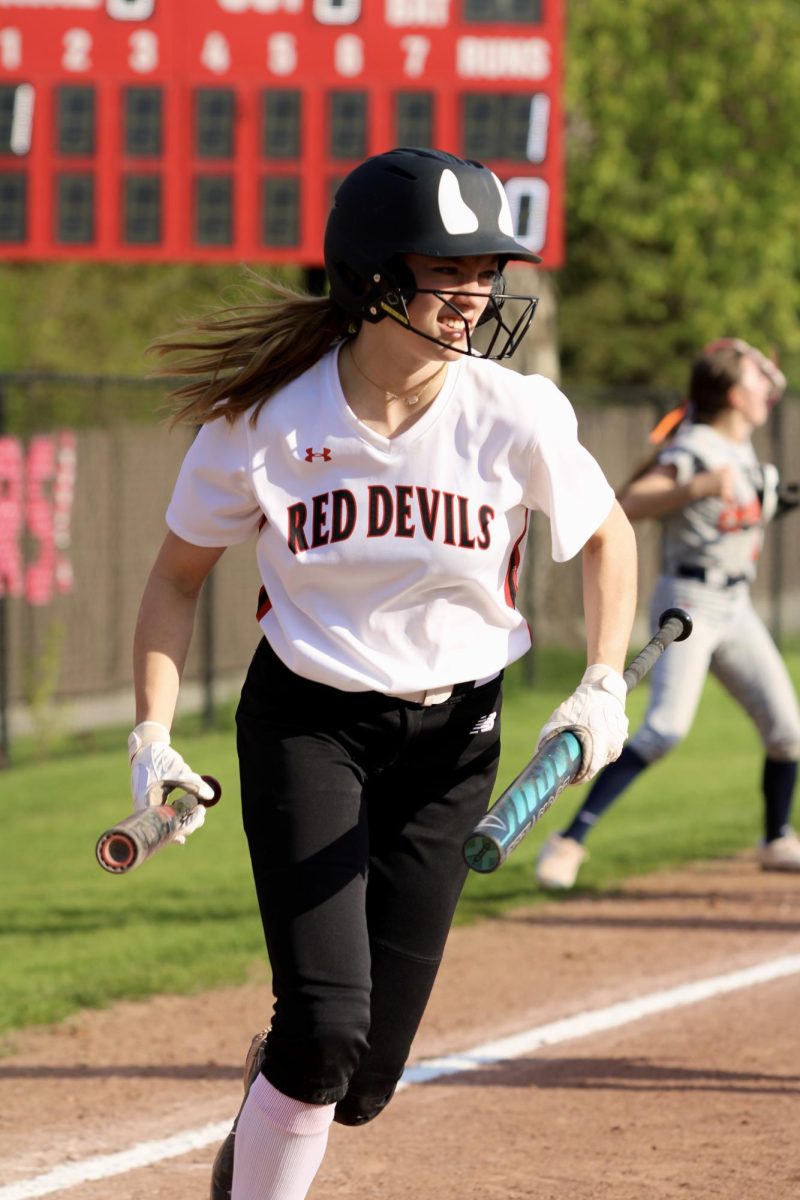A recent Chicago Tribune article reported that parents and school board members were frustrated with the optional and anonymous profile on student life survey given during the last half day. Students also shared some of these frustrations.
One reason that students were frustrated was that they believed the reported (from the previously mentioned Tribune article) $10,000 price tag for the survey was too much.
“$10,000 is a rather extreme amount since surveys like these aren’t taken seriously by many students. It could be spent on something else, for example, something educational,” said Simran Jobanputra, sophomore.
“They are expending money when many students will answer untruthfully, and no matter what this data suggests very little will change,” said Daniel Lastres, junior.
However, Mr. William Walsh, assistant principal of operations, believed that
the investment was worthwhile, because of the insight it has given the school in the past.
“We have used this information to redirect our programming. An example that comes to mind is the 2003 and 2006 surveys. Those surveys showed us that academic integrity was a concern of students. We then took steps to address that issue,” Walsh said.
Additionally, while Walsh did acknowledge that some students wouldn’t answer truthfully, he saw that as the exception, not the rule.
“I don’t see why students wouldn’t answer truthfully. We’re not identifying students. This should be an opportunity to hear from students about what is really going on in our school, without repercussions, fear, or hesitation,” Walsh said.
Students were also concerned with the lack of clarity in the opt out procedure.
“It is inappropriate to ask these questions because the only way to opt out was not told to us in time, or explicitly. It is an invasion of privacy,” said Lastres, who wanted to opt out, but could not because he didn’t have a parental signature. According to Walsh, three students were opted out.
Neverless, students did see some advantages of the survey.
“A school should be able to help a student make better choices and find a path that is fit for them. [The survey] will help the school learn more about us as students and tweak the programs at Central to make us a better student body,” Jobanputra said.
Walsh, like Jobanputra, believed that the survey was in the best interest of the students.
“[The survey] helps us identify how we could better support students. We can’t just assume everything is okay,” said Walsh.
Jobanputra suggested a possible way to cut down the cost for future surveys
“Perhaps the questionnaire could have been shorter and more to the point. There were a lot of questions, which were unnecessary. I think that would have saved a lot of money financially,” Jobanputra said.



